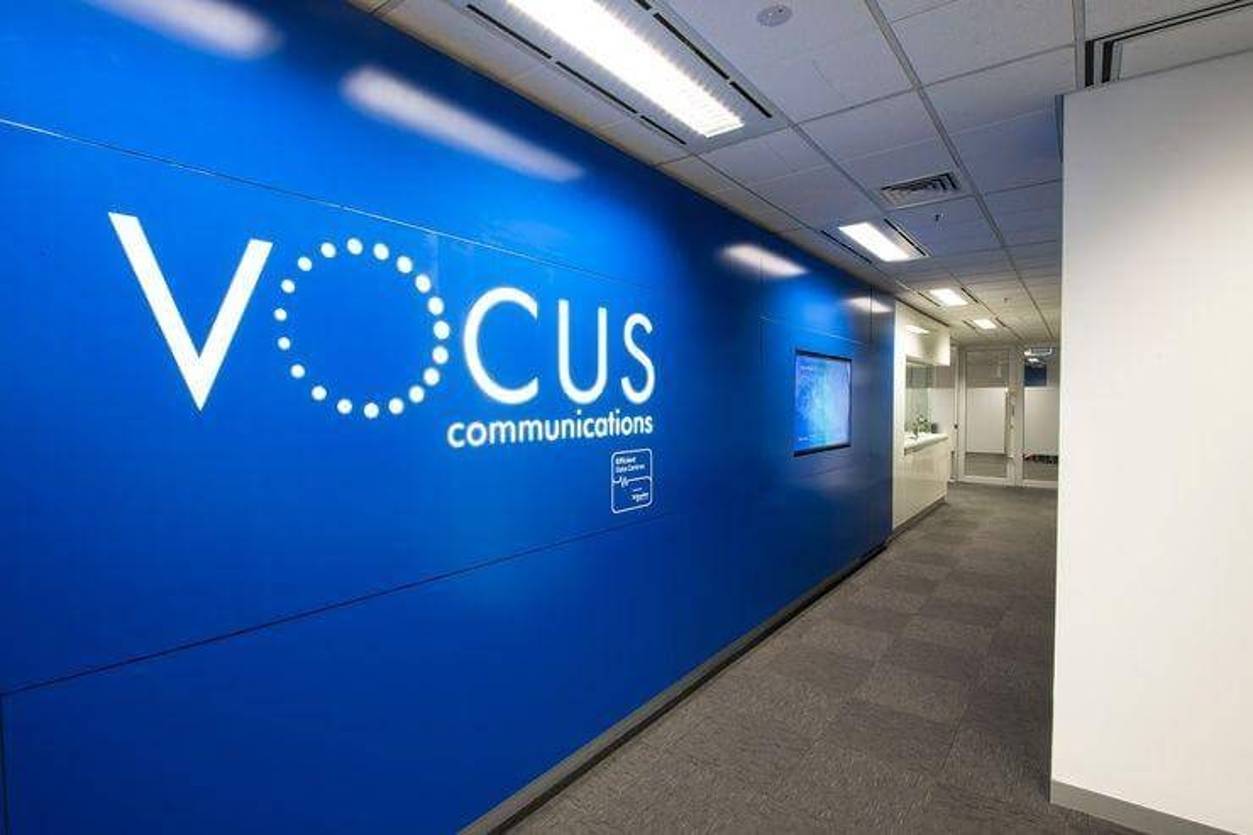Vocus, a telecommunications and network solutions company based in Australia, has recently enhanced the capacity of its cable route between Melbourne and Adelaide. The upgrade enables the utilisation of 800 gigabits per second technology, allowing customers to access services at speeds of up to 400 Gbps. The company also plans to adopt next-gen 1.6Tbps for it’s transit links.
The expansion uses the same technology that Vocus previously implemented in its November 2022 upgrade of the Sydney-Canberra-Melbourne corridors. It’s known as dense wavelength division multiplexing (DWDM) and makes use of both the optical C-band (1530-1565nm wavelengths) and L-band (1565-1625nm wavelengths).
According to Vocus, this combined approach provides double the capacity compared to systems that solely utilise the C-band.
The upgrade is intended to meet the growing needs of hyperscale cloud providers who transfer data between cloud regions and the enhanced infrastructure will create environments conducive to the expansion of artificial intelligence systems, automation, and video applications
The company attributed the growing demand for higher transmission capabilities to significant investments in data centers. Examples include Microsoft’s upcoming Kemps Creek data center in western Sydney and NEXTDC’s expansion plans encompassing facilities in Adelaide, Darwin, Port Hedland, as well as expansions in Melbourne and Sydney.
Vocus chief operating officer Jarrod Nink says AIs running in hyperscale cloud environments demand “enormous amounts,” of compute, storage, and networking.
“Large language models are processing trillions of parameters, petabytes of data and usage is predicted to drive material bandwidth growth,” he said.
The 400 Gbps technology is made possible by the use of Ciena optical transponders that leverage the C and L bands to accommodate additional wavelengths for the optical signal.
This enhanced capacity empowers cloud providers to swiftly and efficiently transfer and duplicate substantial volumes of data between various cloud regions and data centers. Consequently, the time required for such operations is significantly reduced.
The telecommunications company also made a commitment to undertake additional upgrades to its nationwide network, adopting 1.6 Tbps technology.
Vocus has also outlined plans to enhance its Sydney to Brisbane and Adelaide to Perth links, with the anticipated rollout of increased capacity scheduled for 2024.
Nink says this means Vocus will be able to provide 400 Gbps coast to coast next year. “And we’re not stopping there – we’ve already committed to using next-generation 1600 Gbps technology for our transit links,”
With the upgraded Melbourne to Adelaide cable route and the planned 1.6Tbps upgrade, Vocus is poised to empower businesses across Australia with the high-speed connectivity necessary to drive innovation and digital transformation.







